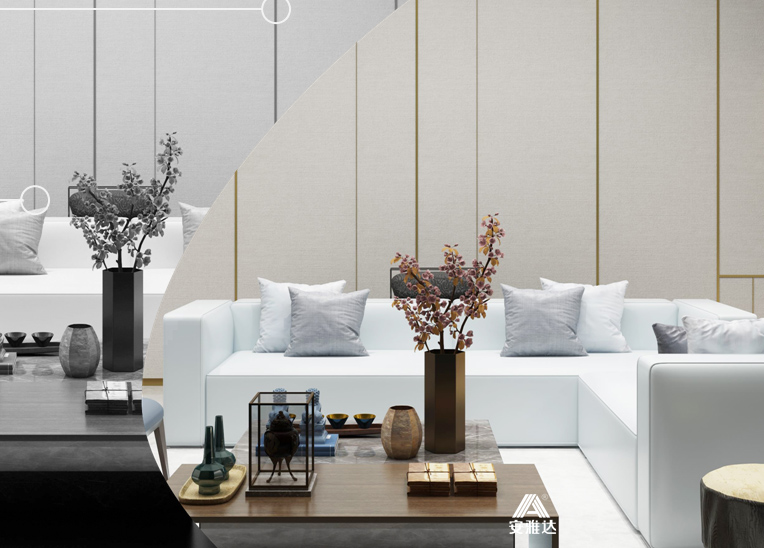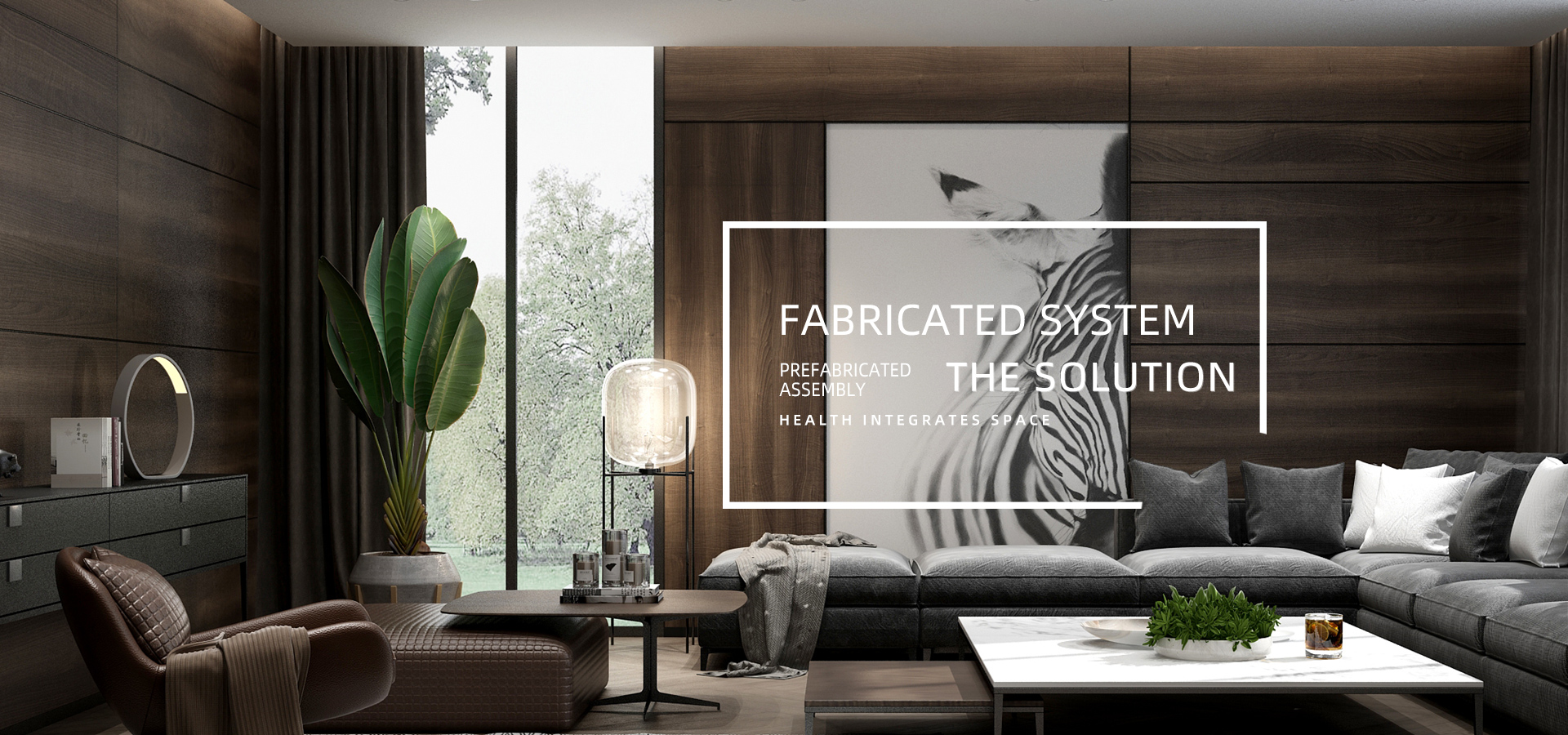
Brief description of assembly concept
The general sense of the prefabricated form consists of two parts, namely: the prefabricated building (structure) and the prefabricated interior. Because the development of building decoration is based on SI theory, the structure of the building (skeleton- supporting body) is separated from the inner body (infil-filling body) and industrialized production is carried out separately. Industrialization of building structures, i.e. prefabricated buildings (structures); The industrialization of the inner part, that is, prefabricated decoration.
Introduction to prefabricated decoration
Prefabricated decoration refers to the production of industrialization, standardization, modularization and componentization of the hardware involved in decoration, and assembly of components on site by installers according to standard procedures. In addition, prefabricated decoration has obvious advantages in environmental protection, high efficiency and energy saving. Currently, prefabricated decoration includes six subsystems, namely suspended ceiling, wall, floor, doors and Windows, bathroom and kitchen.
The overall advantages of prefabricated decoration are as follows:
100%
Factory rate
60%
Operating costs savings
70%
Time limit for a project to save
20%
Material savings
67%
The weight loss
90%
Maintenance rate reduction
100%
Improvement of decoration accuracy
85%
Water saving rate
70%
Energy saving&consumption reduction rate
100%
Green assembly rate
Manpower cost forces technology upgrade
Traditional decoration involves dozens of jobs such as mason, carpenter, painter, technical threshold is not low, but the social status is not high. In terms of the age structure of industry practitioners, 20-35 years old practitioners mainly focus on engineering design, construction management and factory processing, while the aging trend of construction site is serious. There may be a shortage of working-age workers in the next few years. Traditional decoration will face a shortage of workers, labor costs will also gradually rise. In the context of shrinking demographic dividend, assembly is an important direction of future development.
Policies to boost industrial upgrading
Compared with developed countries in Europe and the United States, China's assembly is in the beginning stage of development. Since the national Guidance on The Vigorous Development of Prefabricated Buildings was issued in 2016, the frequency of prefabricated building policies has been increasing year by year, and industrial standards and plans have also been rapidly introduced.
It is estimated that prefabricated buildings will account for more than 15% of new buildings in 2020 and 30% in 2026. In addition to Hong Kong, Macao and Taiwan, 31 provinces and cities have also introduced relevant policies, and most local governments have given prefab building support in terms of land use, subsidies, special funds, taxes and floor area ratios. Under the policy support, the domestic assembly industry will enter a period of rapid development.

Trillion blue Sea looking to develop layout
The current stage is the early stage of assembly-type development. The assembly-type decoration still needs To be optimized in the aspects of part parts inventory, production capacity, personalized design and consumer cognition, etc. The consumption attributes need To be improved, and the industry leader has not yet appeared at the C-end. However, the features of short construction period and easy disassembly of prefabricated decoration are natural suitable for expanding To B business.
Currently, the industry's customers mainly focus on national security housing projects, long-term rental apartments and hotels. Based on the three directions of national affordable housing, long-rented apartments and hotels, the prefab decoration industry is expected to be close to 300 billion by 2025.
Health · Integrates · Space

Copyright © 2020 Hunan Anyada Building Materials Technology Co., Ltd


